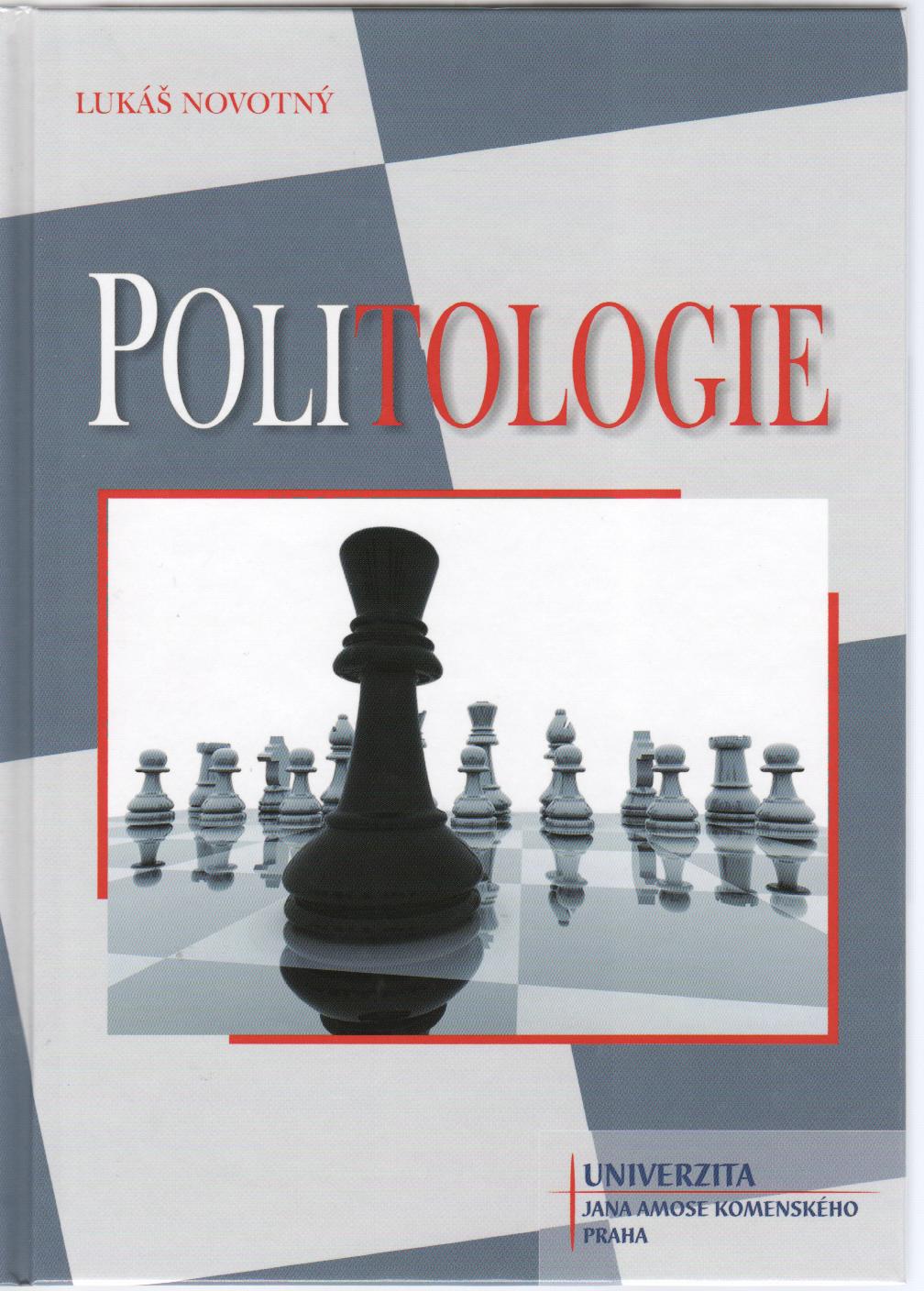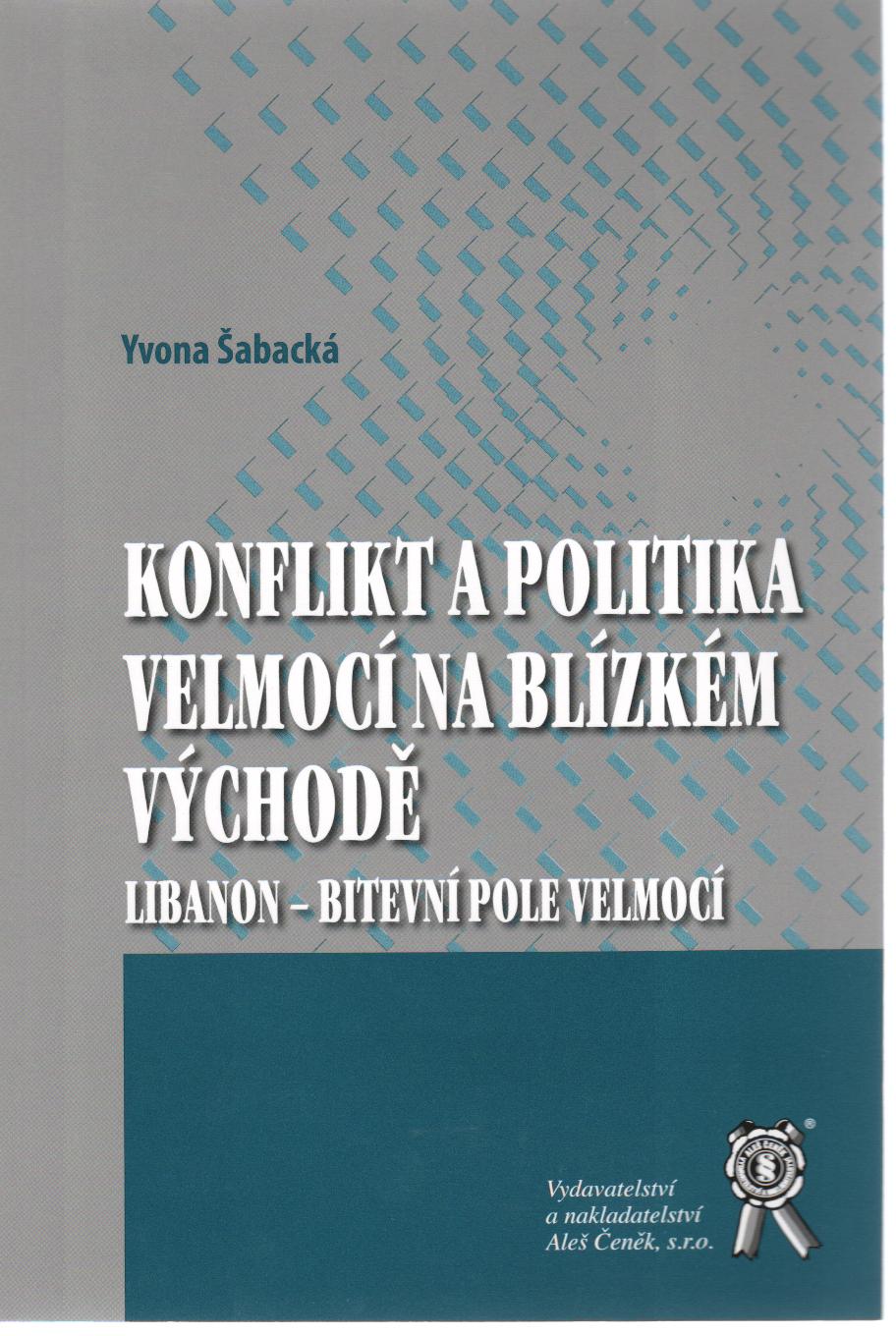Úvod »Právna a politická filozofia» Internal cohesion of the Visegrad group
Kompletné špecifikácie
The aim of the publication is to analyze whether there is any Visegrad commonly shared identity or not and what could be the integrative factor of the Visegrad Group. The authors of the publication cover the following topics – historical identities; historical memory; economic cohesion and the level of economic cooperation of the V4 states; the role of the Visegrad topics in the university education and the political culture of the V4 states. The publication shows that the Visegrad cooperation is still based on the interests rather than on the commonly shared identity. However, the citizens of V4 countries already perceive Visegrad as a relevant and meaningful regional group. The fact that Visegrad is considered by the domestic political elites as well as by the political elites abroad as a “brand” or “mark” has a significant contribution to the construction of the regional identity. However, still the motivation of the political leaders to develop the Visegrad cooperation is more pragmatic than based on the awareness of belonging together. The external factors (the EU, gas crisis between Russia and Ukraine in January 2009) and their demand for response still have more efficient impact on the strengthening of V4 cooperation compared to the pressure from inside.











